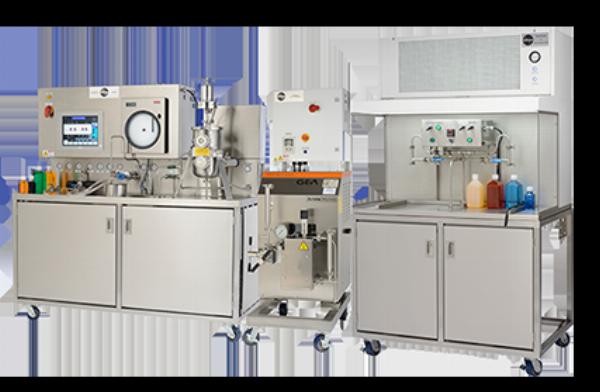Embracing Efficiency and Quality with Small Pasteurizers

Strong 8k brings an ultra-HD IPTV experience to your living room and your pocket.
In the world of dairy processing, pasteurization plays a crucial role in ensuring the safety and quality of milk and milk-based products. Traditionally, pasteurization has been associated with large-scale operations, involving complex machinery and substantial investment. However, the advent of small pasteurizer has revolutionized the dairy industry, making it accessible for small-scale producers and artisanal dairy enthusiasts.
What is a Small Pasteurizer?
A small pasteurizer is a compact and efficient machine designed to pasteurize milk in smaller quantities. These machines are engineered to meet the needs of small dairy farms, cheese makers, and even home-based dairy producers. They come in various sizes and capacities, typically ranging from a few liters to a couple of hundred liters per batch, making them ideal for operations where large-scale pasteurization is impractical or unnecessary.
The Importance of Pasteurization
Pasteurization is a heat treatment process that kills harmful bacteria and pathogens present in raw milk. This process not only extends the shelf life of milk but also ensures it is safe for consumption. Traditional pasteurization methods involve heating the milk to a specific temperature for a set period. Small pasteurizers accomplish this with precision and consistency, ensuring every batch of milk is treated effectively.
Benefits of Small Pasteurizers
Accessibility for Small Producers: Small pasteurizers lower the barrier to entry for small-scale dairy producers. They require less initial investment compared to industrial-scale equipment, making it feasible for small farms, artisanal cheese makers, and even hobbyists to produce pasteurized milk and dairy products.
Quality Control: With a small pasteurizer, producers have greater control over the quality of their products. They can closely monitor and adjust the pasteurization process to meet their specific requirements, resulting in consistent and high-quality dairy products.
Versatility: These machines are versatile and can be used for a variety of dairy products, including milk, cheese, yogurt, and cream. This flexibility allows producers to diversify their product offerings and cater to different market demands.
Efficiency: Small pasteurizers are designed for efficiency. They are easy to operate, require less energy, and have faster processing times compared to traditional methods. This efficiency translates to cost savings and higher productivity for small-scale producers.
Preservation of Nutrients: Modern small pasteurizers are designed to minimize nutrient loss during the pasteurization process. This means that the essential vitamins and minerals in milk are preserved, resulting in a healthier end product for consumers.
Applications of Small Pasteurizers
Small Dairy Farms: For small dairy farms, having a pasteurizer on-site allows for immediate processing of fresh milk. This not only improves the quality of the milk but also reduces the risk of contamination during transportation to larger processing facilities.
Artisanal Cheese Makers: Small pasteurizers are a boon for artisanal cheese makers who often require precise control over the pasteurization process to achieve the desired texture and flavor in their cheeses. These machines enable them to produce high-quality cheeses consistently.
Home-Based Producers: Hobbyists and home-based dairy producers can also benefit from small pasteurizers. These machines allow them to experiment with different dairy products and produce small batches of high-quality milk and cheese for personal consumption or small-scale sale.
Choosing the Right Small Pasteurizer
When selecting a small pasteurizer, several factors need to be considered:
Capacity: Determine the volume of milk you plan to pasteurize per batch. Choose a pasteurizer that meets your production needs without being excessively large or small.
Temperature Control: Look for a pasteurizer with precise temperature control to ensure consistent pasteurization. Some models come with programmable settings, making it easier to achieve the desired results.
Ease of Use: User-friendly features such as digital displays, automated controls, and easy-to-clean components can significantly enhance the user experience.
Energy Efficiency: Consider the energy consumption of the pasteurizer. Energy-efficient models can help reduce operational costs in the long run.
Conclusion
Small pasteurizers have democratized the dairy processing industry, providing opportunities for small-scale producers to thrive. By offering accessibility, efficiency, and quality control, these machines are empowering a new generation of dairy entrepreneurs. Whether you are a small dairy farmer, an artisanal cheese maker, or a home-based producer, a small pasteurizer can be a valuable addition to your operation, ensuring the safety and quality of your dairy products while preserving their nutritional integrity.
Note: IndiBlogHub features both user-submitted and editorial content. We do not verify third-party contributions. Read our Disclaimer and Privacy Policyfor details.


